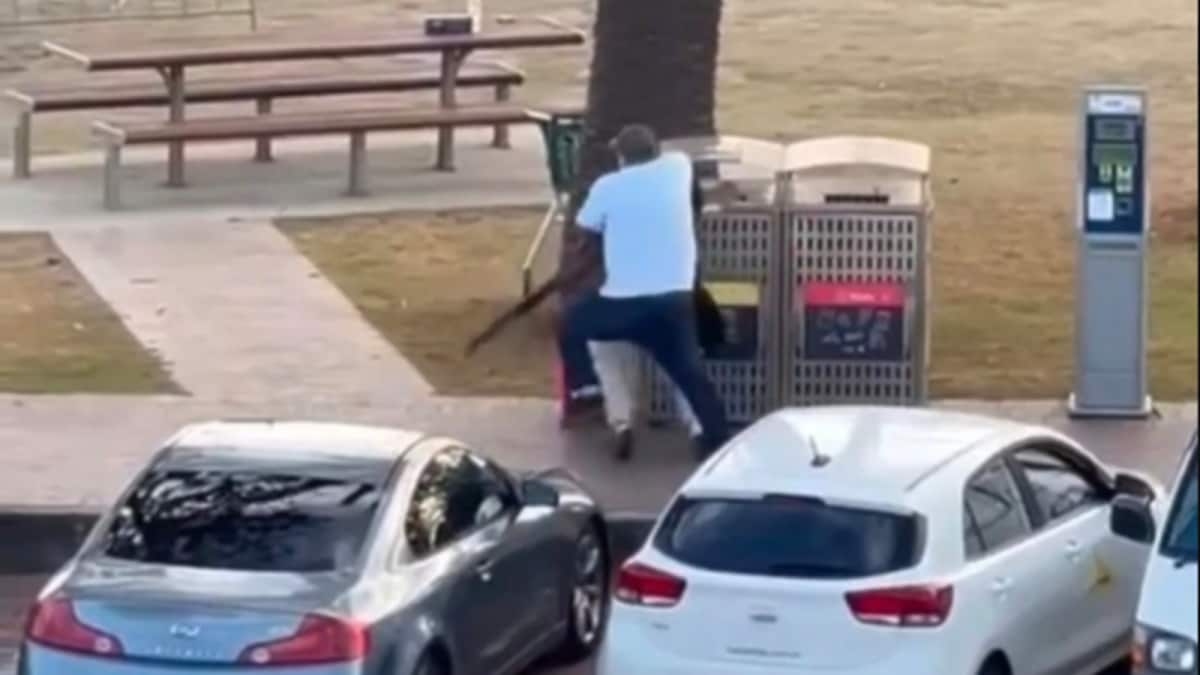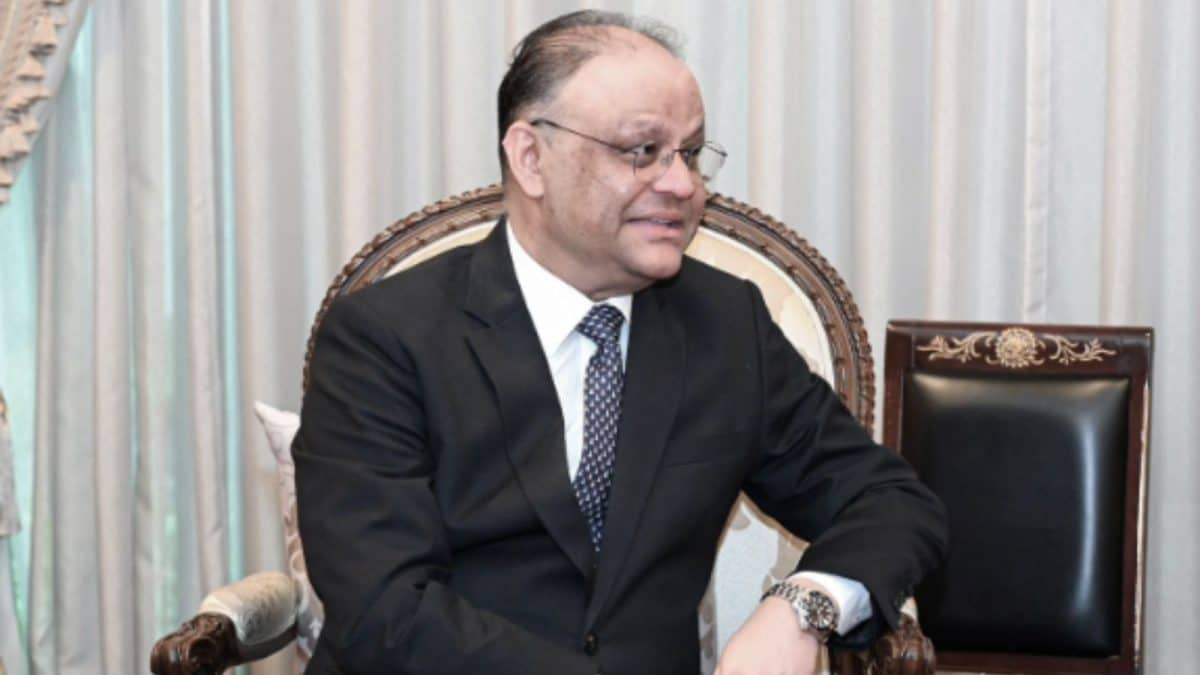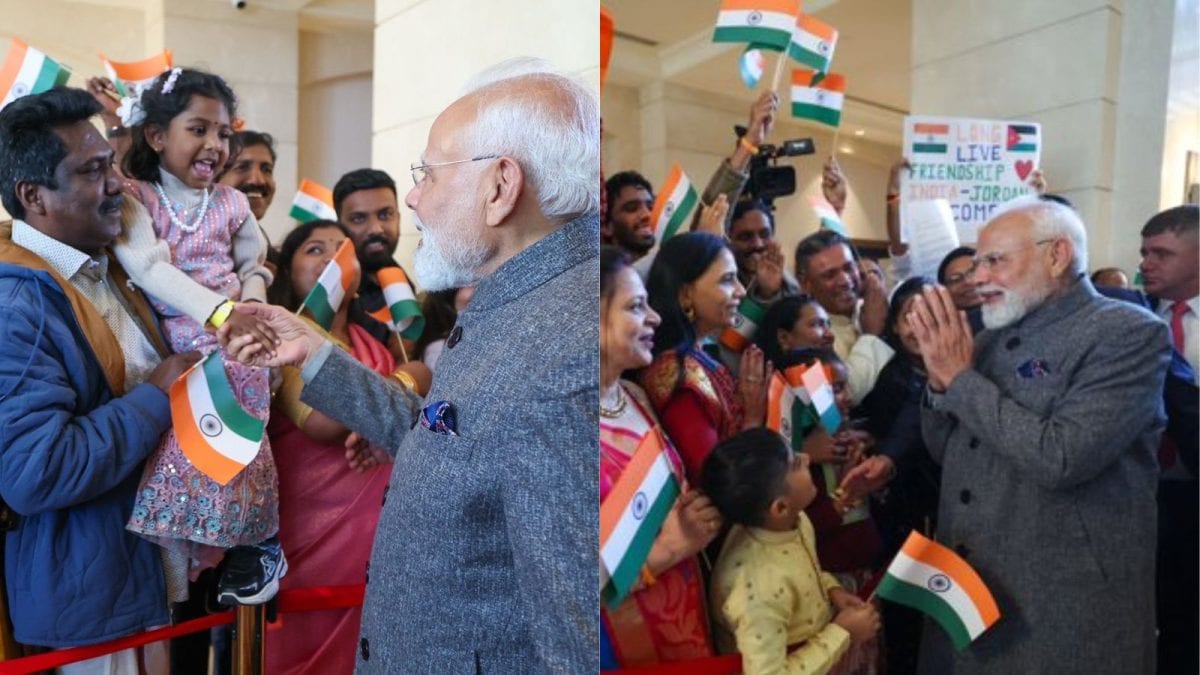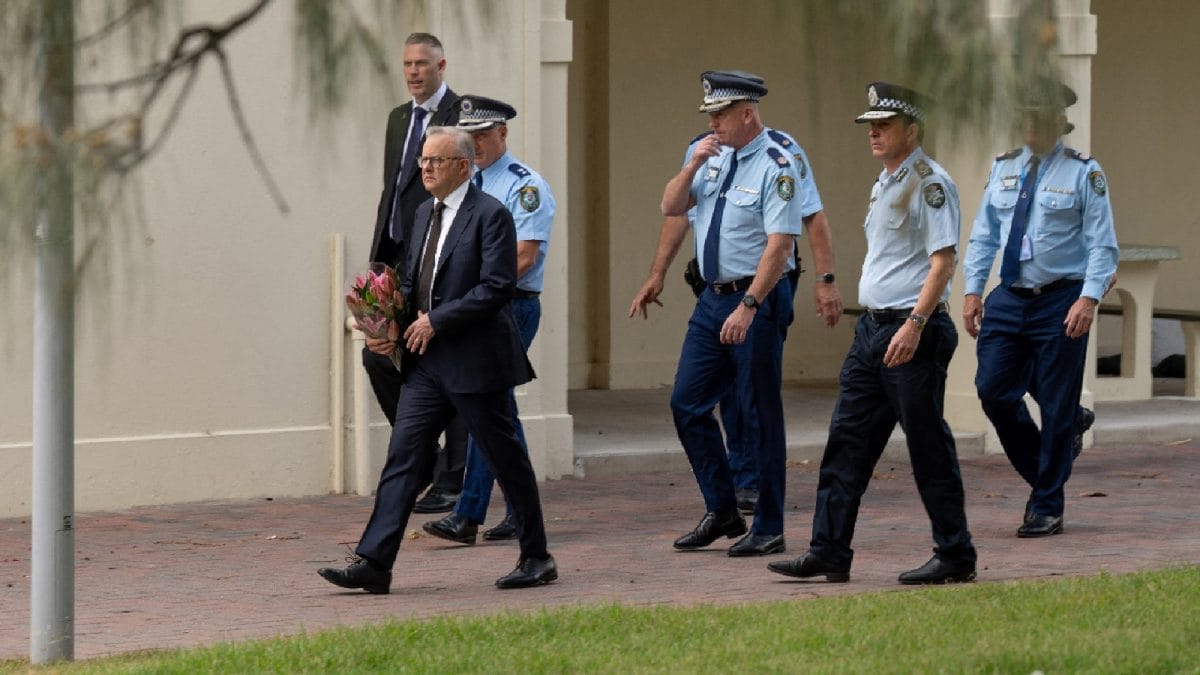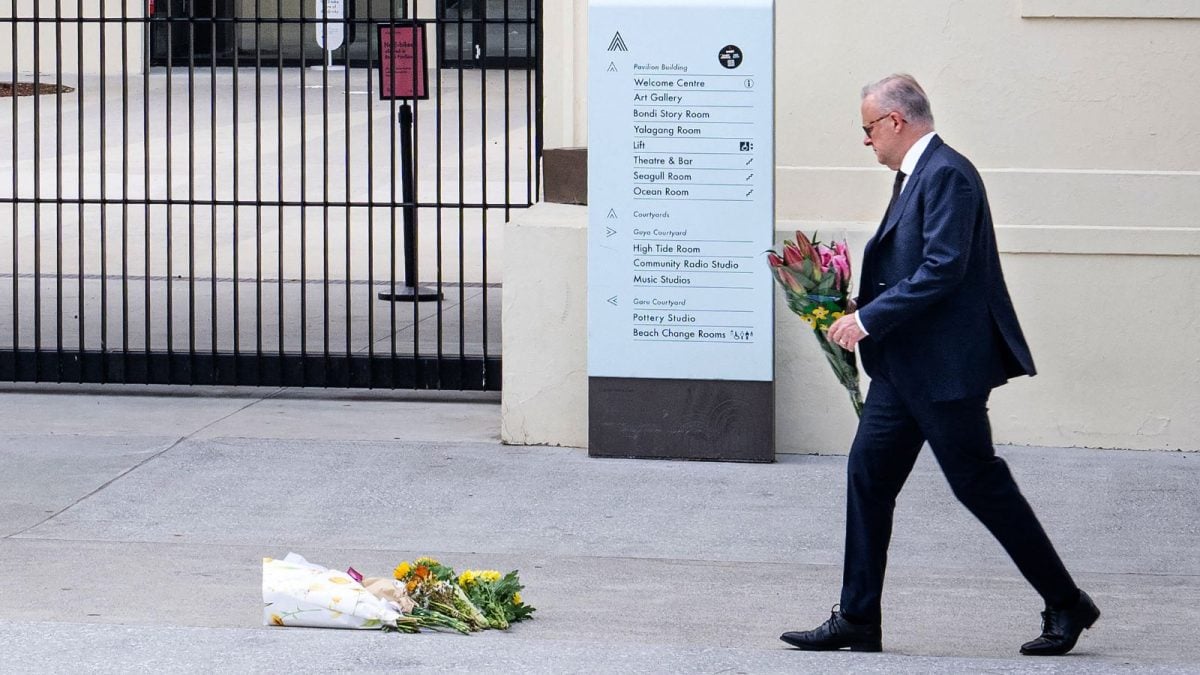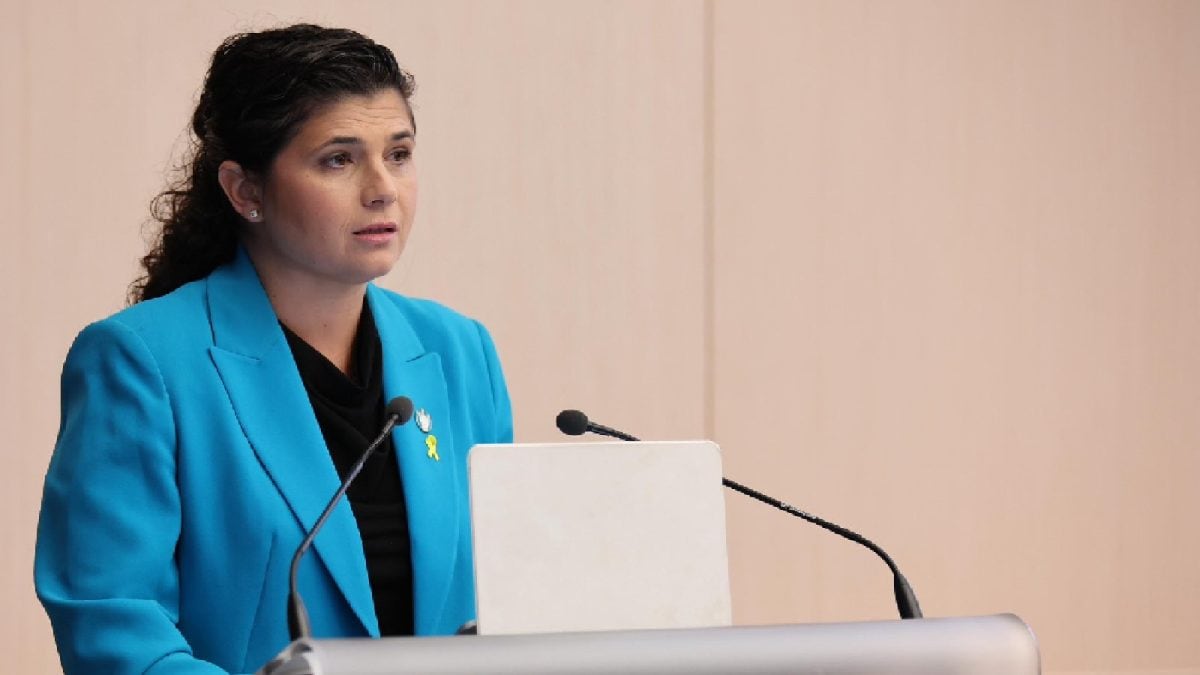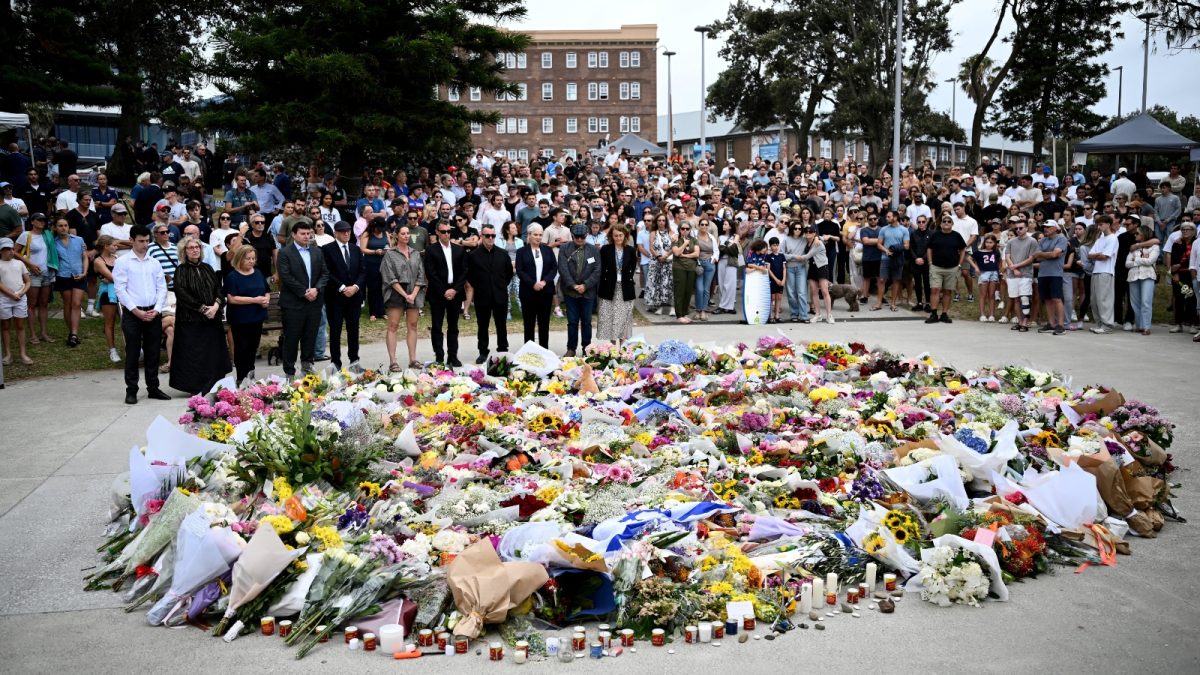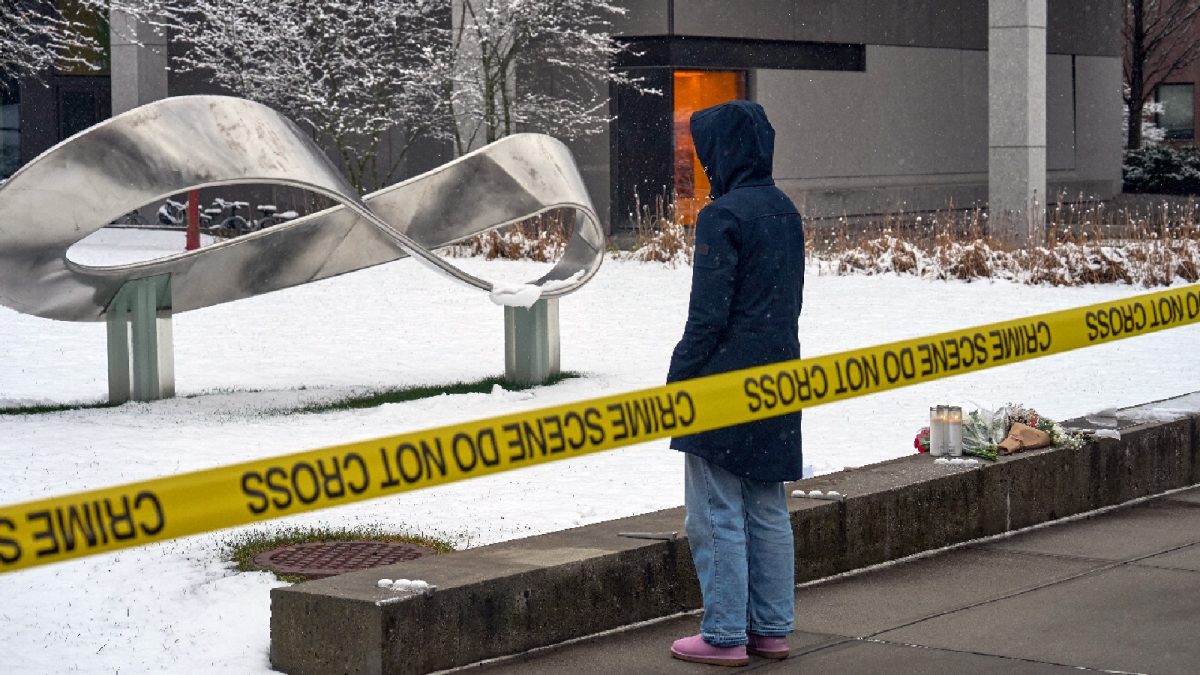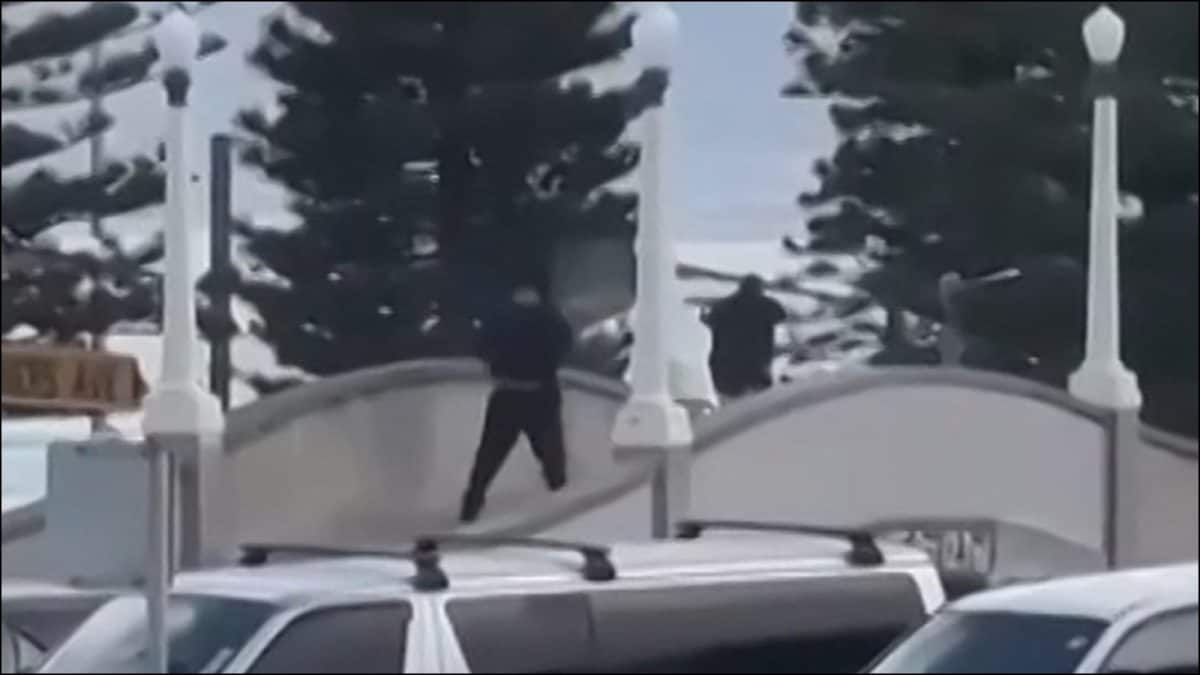Last Updated:November 06, 2025, 08:16 IST
Justice Sonia Sotomayor, however, countered that tariffs are effectively taxes and thus fall squarely under congressional jurisdiction.

Demonstrators protest outside the US Supreme Court in Washington, DC. (AFP)
The US Supreme Court on Wednesday appeared deeply skeptical of former President Donald Trump’s sweeping use of emergency powers to impose tariffs, as justices weighed a landmark case that could determine the future of his trade policies and redefine the limits of presidential authority.
Billions of dollars in customs revenue and one of Trump’s key economic tools hang in the balance as the nine-judge bench, dominated by conservatives, examined whether the Emergency Economic Powers Act (IEEPA) grants a president the authority to levy “reciprocal" tariffs on nearly every US trading partner, including Mexico, Canada, and China.
Chief Justice John Roberts questioned the basis of Trump’s argument, noting that the law “doesn’t use the word tariffs," adding that such duties are “equivalent to taxation, which has always been a core power of Congress."
Several justices across the ideological spectrum expressed doubts over Trump’s interpretation of the law, pressing Solicitor General John Sauer, who defended the administration’s position by arguing that Trump was acting within his broad constitutional powers to regulate foreign commerce. Sauer contended that Trump’s decision stemmed from “exploding trade deficits" that had pushed the US “to the brink of an economic and national security catastrophe."
Justice Sonia Sotomayor, however, countered that tariffs are effectively taxes and thus fall squarely under congressional jurisdiction. “You want to say tariffs are not taxes, but that’s exactly what they are," she said.
Representing small businesses that challenged Trump’s tariffs, attorney Neal Katyal argued it was “simply implausible" that Congress, in enacting IEEPA, intended to give the president the power “to overhaul the entire tariff system and the American economy in the process."
Justice Neil Gorsuch, a Trump appointee, raised concerns about whether Congress could reclaim authority once it delegates it to the executive branch.
While the court’s decision may take months, its outcome could significantly alter the balance of power between Congress and the presidency. A lower court had already ruled in May that Trump exceeded his authority, prompting this appeal. Analysts warned that overturning the tariffs could cause economic and diplomatic upheaval, while upholding them could mark a dramatic shift in US governance—expanding presidential control over trade and taxation.
(With inputs from AFP)
The News Desk is a team of passionate editors and writers who break and analyse the most important events unfolding in India and abroad. From live updates to exclusive reports to in-depth explainers, the Desk d...Read More
The News Desk is a team of passionate editors and writers who break and analyse the most important events unfolding in India and abroad. From live updates to exclusive reports to in-depth explainers, the Desk d...
Read More
First Published:
November 06, 2025, 08:16 IST
News world Trump’s Tariffs Face Supreme Court Scrutiny As Justices Question Limits Of Presidential Power
Disclaimer: Comments reflect users’ views, not News18’s. Please keep discussions respectful and constructive. Abusive, defamatory, or illegal comments will be removed. News18 may disable any comment at its discretion. By posting, you agree to our Terms of Use and Privacy Policy.
Read More

 1 month ago
1 month ago
